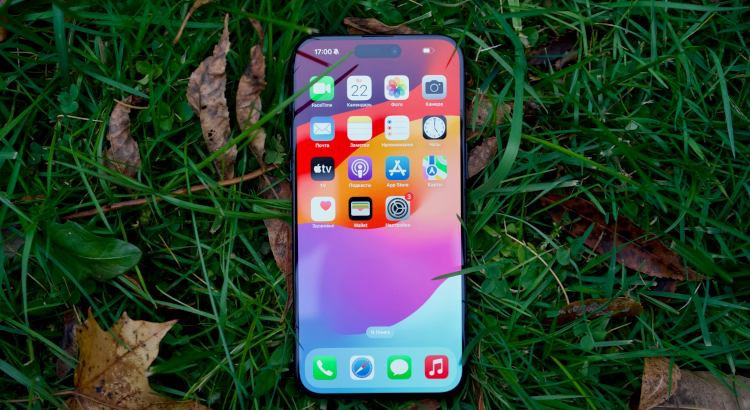Understanding the right programming language is essential for crafting powerful and efficient iOS applications. With plenty of options available, developers must choose languages that align with Apple’s ecosystem. This article explores the top 10 iOS app development languages, shedding light on their strengths and use cases.
Related Article: Top Mobile App Development Languages to Learn
iOS App Programming Languages
Check out the list of top 10 iOS app programming languages.
1. Swift
As Apple’s preferred programming language, Swift offers speed, safety, and expressiveness.
Its concise syntax and modern features make it ideal for building robust iOS applications, and its compatibility with Objective-C allows for seamless integration of existing codebases.
2. C#
Widely known for its use in Microsoft technologies, C# has gained popularity in iOS app development through frameworks like Xamarin.
Developers can leverage C# to create cross-platform apps, ensuring code reusability and efficient development cycles.
3. Objective-C
Although Swift has become Apple’s language of choice, Objective-C remains relevant, especially in maintaining legacy code.
A solid understanding of Objective-C is crucial for developers working on projects with long-standing codebases.
4. Flutter
Developed by Google, Flutter employs the Dart programming language.
While not native to iOS, Flutter allows developers to create visually appealing and performant apps with a single codebase for both iOS and Android platforms.
5. React Native
Facebook’s React Native uses JavaScript and React to build cross-platform apps.
Its ability to render components directly to native code ensures high performance, making it a preferred choice for developers aiming for both iOS and Android platforms.
6. HTML5
HTML5, while not technically a programming language, is a major component in the creation of iOS apps, particularly those that are web-based.
Its adaptability lets developers create feature-rich and responsive mobile web apps when paired with JavaScript and CSS.
7. Java
While primarily associated with Android development, Java can also be used for iOS app development through cross-platform frameworks.
Knowledge of Java allows developers to work on diverse projects and navigate seamlessly between different mobile ecosystems.
8. Kotlin
Kotlin, officially supported by Google for Android development, can also be used for iOS app development through frameworks like Kotlin/Native.
Its concise syntax and interoperability with Java make it an attractive choice for cross-platform development.
9. Dart
Dart, the programming language behind Flutter, is optimized for building mobile, desktop, server, and web applications.
Its strong focus on performance and ease of use makes it a valuable asset for developers venturing into multi-platform app development.
10. Python
While not traditionally associated with iOS development, Python has gained traction, especially in areas like data science and artificial intelligence.
Tools like PyObjC enable Python developers to integrate their expertise into iOS app development.
Useful Article: Learn Python Online: Elevate Your Skills
Conclusion of Programming Languages for iOS App Development
Choosing the right programming language for iOS app development depends on factors like project requirements, team expertise, and long-term sustainability. Swift stands out as the primary language for native iOS development, but cross-platform options like Flutter, React Native, and Xamarin broaden the horizons. Ultimately, the choice should align with the project’s goals, ensuring a seamless and efficient development process.


